
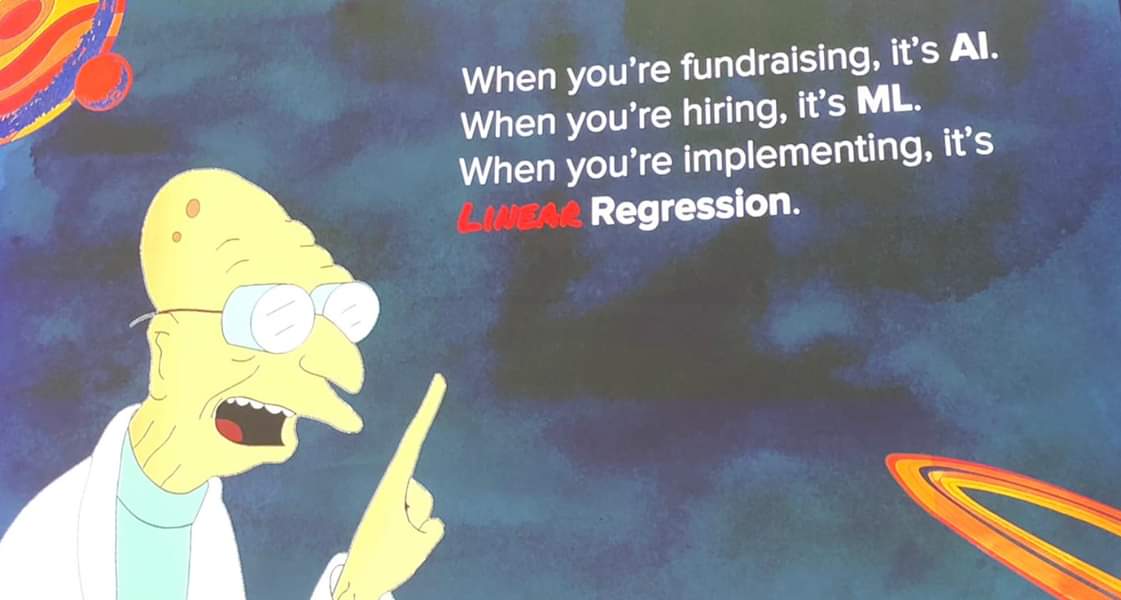
Let's examine the originals. And more importantly, let's look at the right part (about a dozen pages out of nearly 500 pages) and what it tells us about software patents in Europe as seen by the US, where 35 U.S.C. ۤ 101 restricts the USPTO like the EPC is supposed to restrict the EPO (they use buzzwords as loopholes and workarounds)
THE European Patent Office and US Patent and Trademark Office are both interested in software patents. What's not to like? More income!!! António Campinos (like Battistelli) continues to undermine the EPC and the EPO nowadays brags about getting the US to adopt software patents using a bunch of nonsense like "hey hi" (they both use the same tactics, as we've shown here many times before).
[PDF][PDF][PDF][PDF][PDF][PDF]
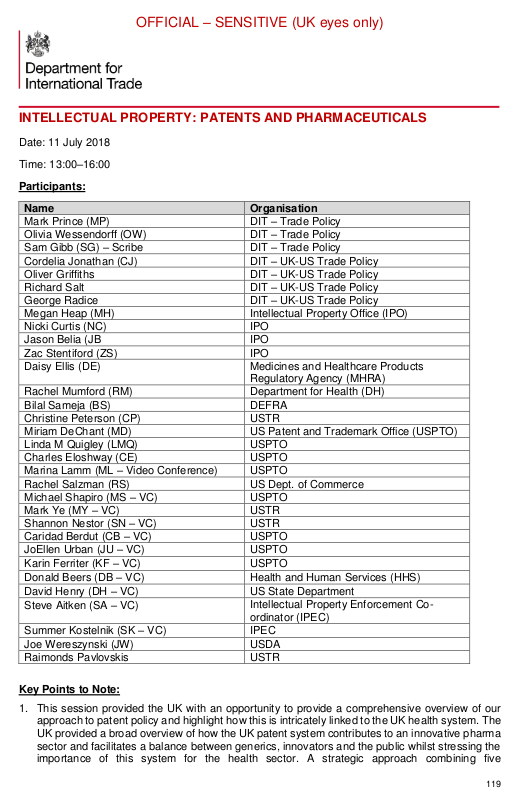
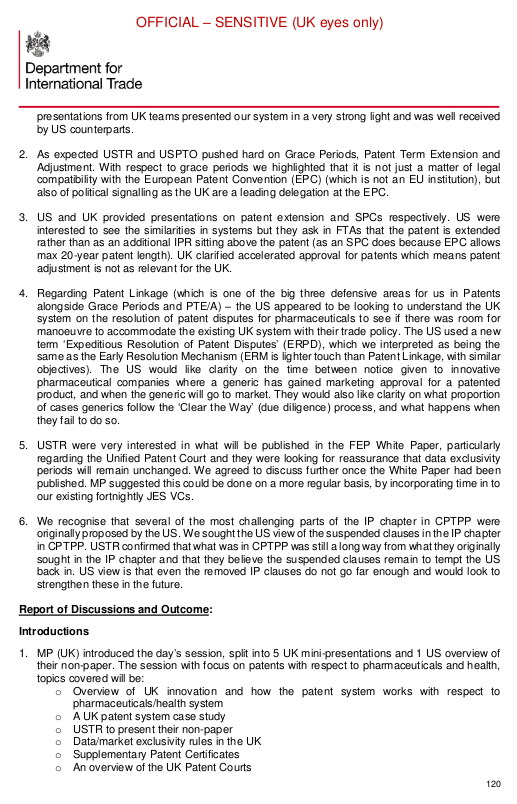
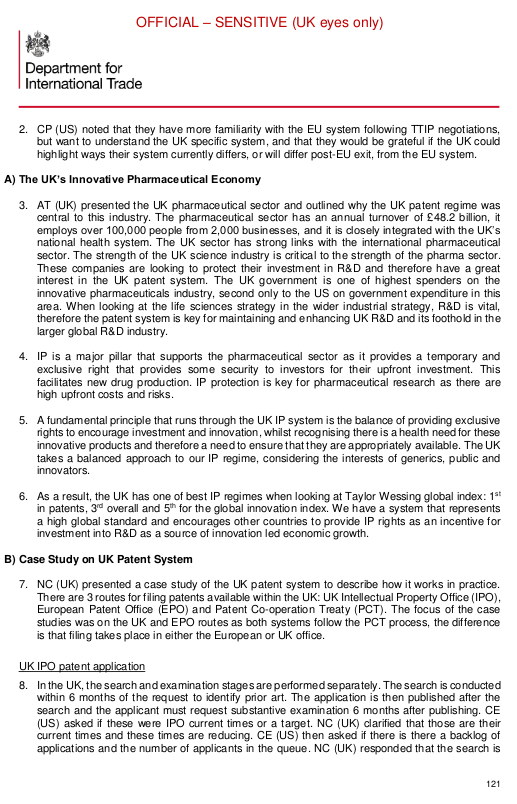
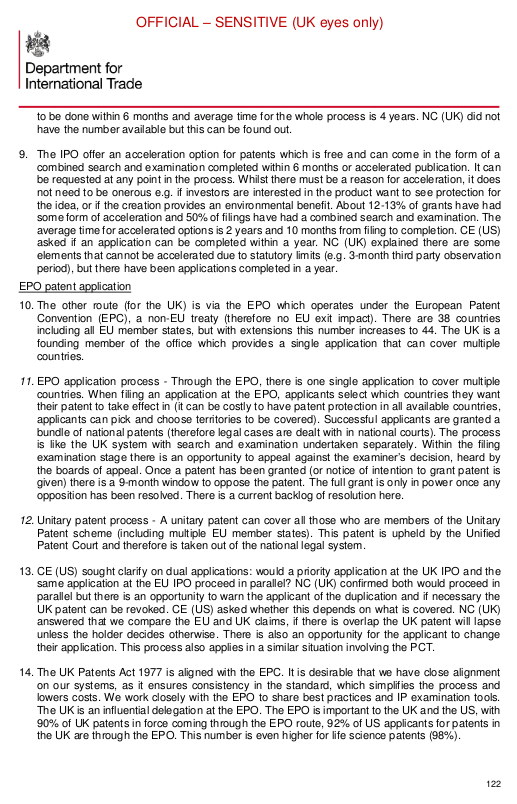
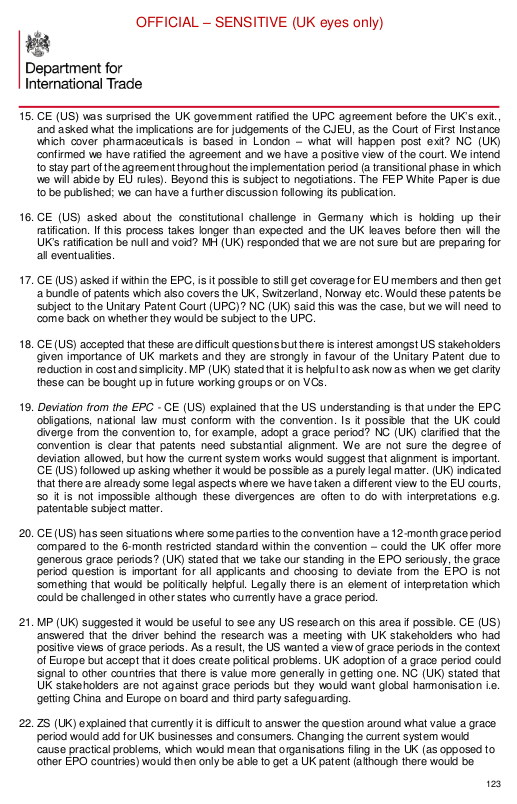
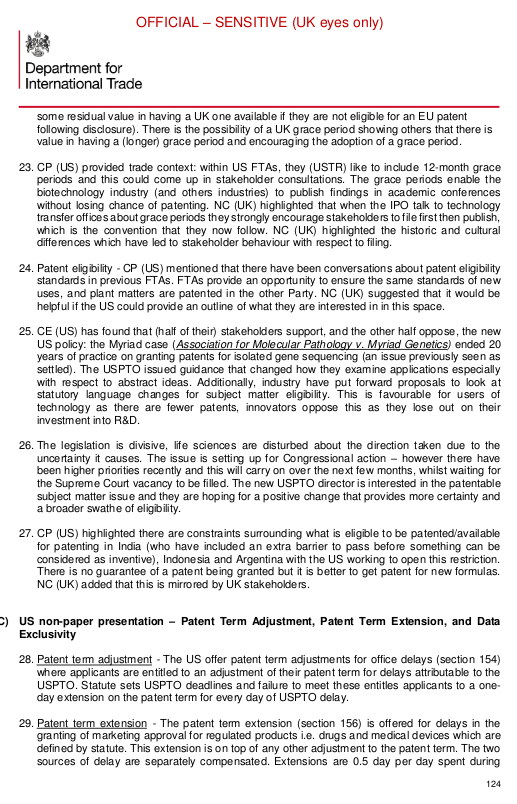
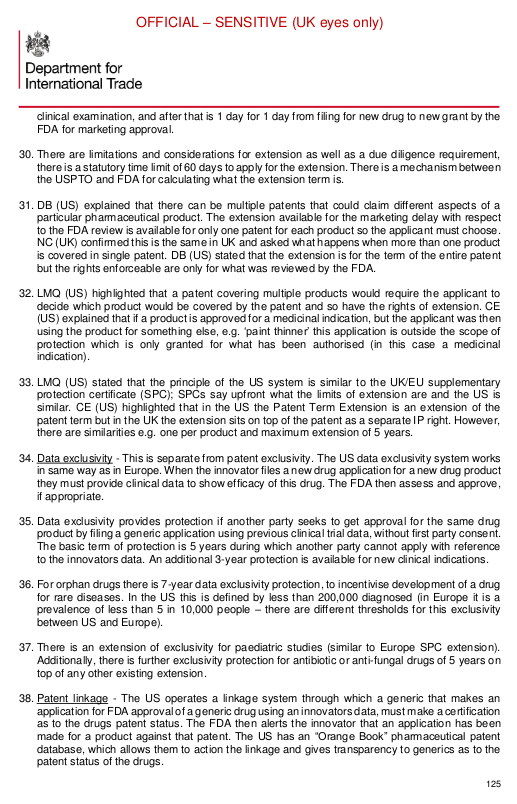
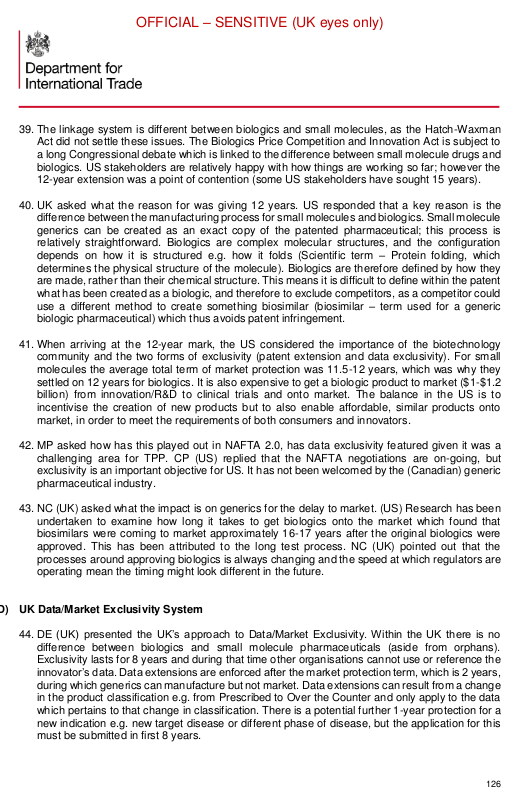
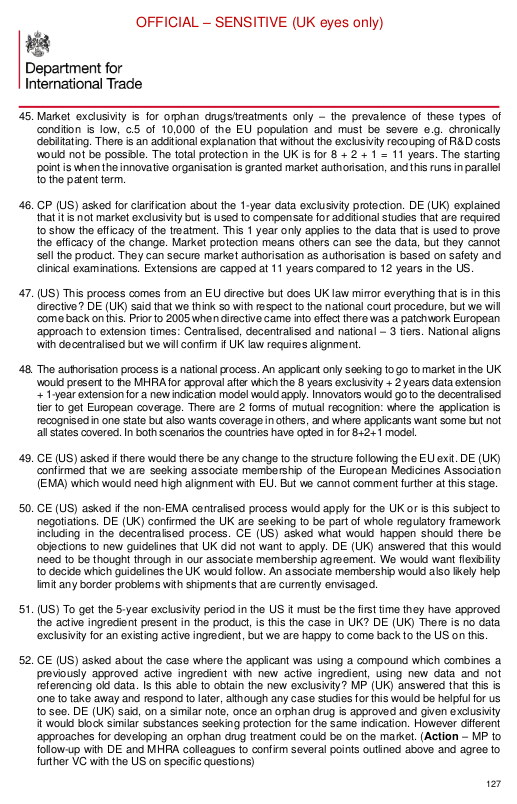
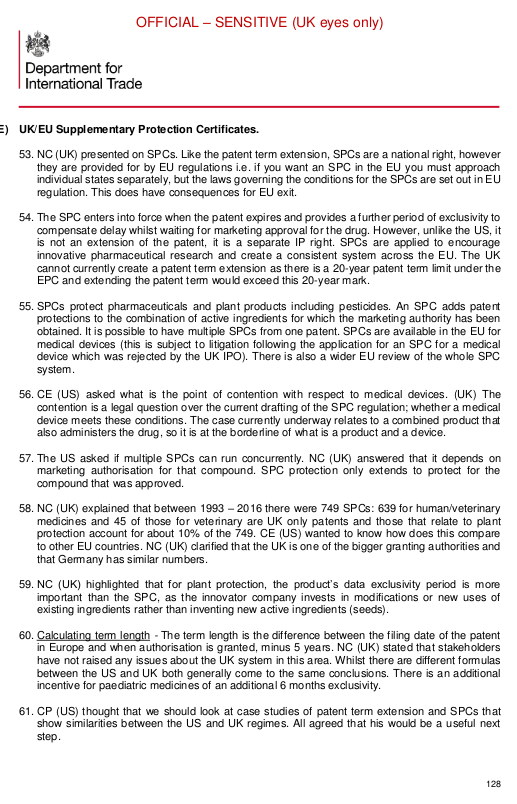
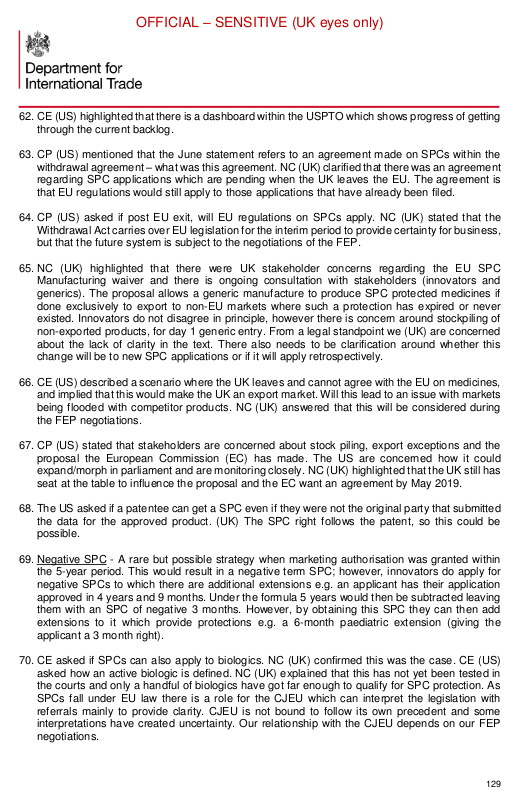
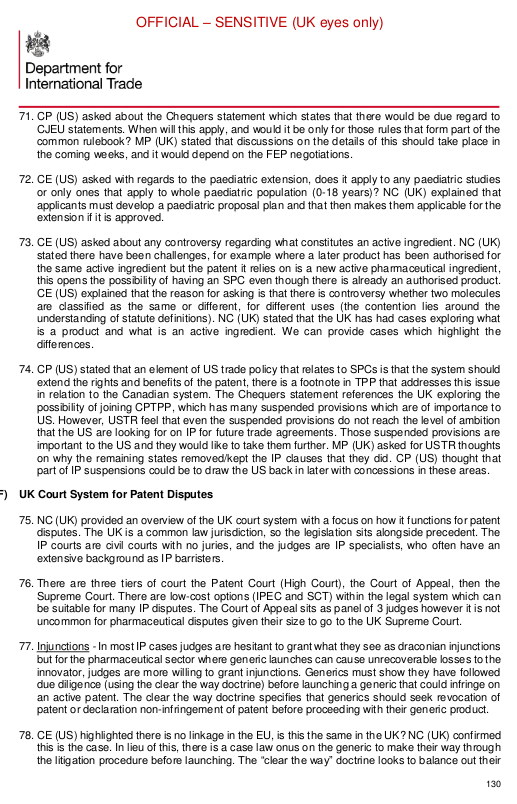
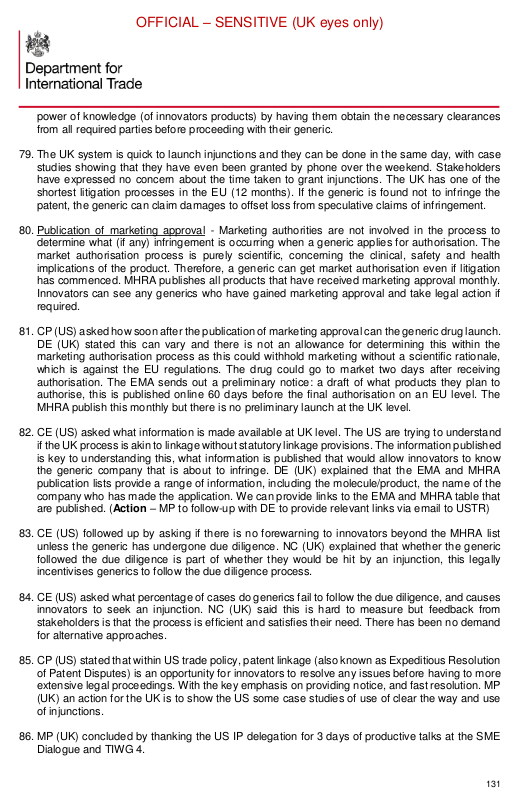
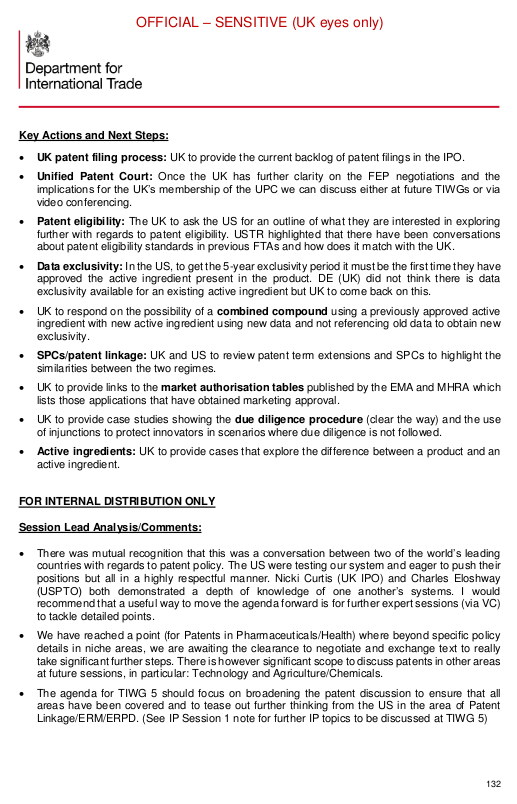
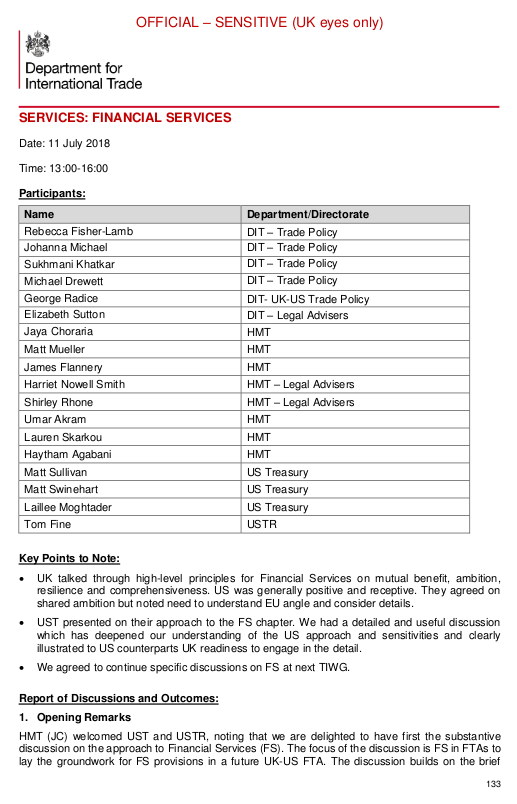
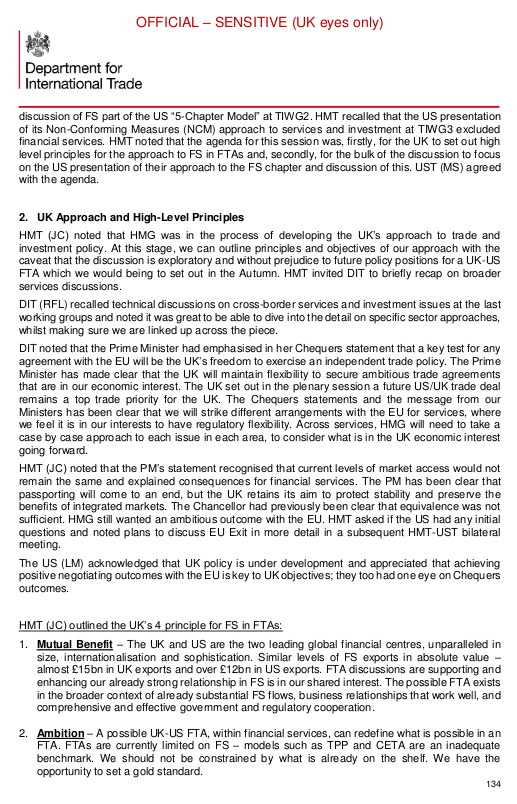
"The 'leaks' often attributed (in last week's media reports) to Corbyn were not actually his or his party's."Let's look at what patent maximalists and UPC boosters like AstraZenecaKat aren't telling us. As we said last week, the United States found itself baffled by UPC moves of the British government and the issue was raised days later by AstraZenecaKat, only to attract a bunch of interesting comments that we quoted here yesterday. Revocator wrote:
I've read the papers (well, the IP-relevant bits), and there was one tidbit regarding the US position on the grace period that intrigued me hugely. Namely, the US negotiators appear to have noted that SOME EPO member states do have such a grace period. The British seem to have essentially retorted that those countries may be small and irrelevant enough to get away with that, but that the UK would jeopardize its position within the EPC if it did the same. Now, does anyone know which EPC countries do that (if any)? On another, entirely different subject, left unmentioned by the IPKat, it comes as no surprise that the US negotiators were particularly insistent in registering their displeasure with the EU's PGI system...
"In summary, the US 'bullies' an already-embattled Britain (due to that controversial referendum) into granting the US corporations endless powers, protectionism and codified monopolies."I've quickly read all the above. There's no need to rephrase things. It's pretty clear as it is. In summary, the US 'bullies' an already-embattled Britain (due to that controversial referendum) into granting the US corporations endless powers, protectionism and codified monopolies. They're bargain-hunting. This is what happens when one negotiates out of position of considerable weakness. As the old saying goes (or hashtag), "Well Done Brexiters..."
Donald Trump lobbied for Brexit (before and after becoming President, before and after the referendum as well) and now he's eager to pocket the UK. Media has mostly focused on the US-centric privatisation of the NHS, casting aside almost everything else. ⬆